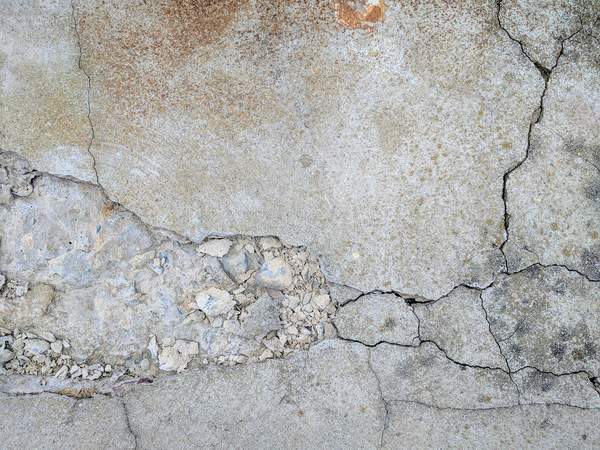Foundation faults can be the hidden nemesis of any property, often going unnoticed until significant damage is done. As a homeowner or potential buyer, understanding the warning signs of foundation issues is crucial in maintaining the integrity and value of a home. With years of experience in the home inspection industry, we bring you expert insights into identifying and addressing these structural concerns.
Common Warning Signs of Foundation Issues
Foundation problems can manifest in various ways, and early detection is key to preventing costly repairs. Here are some signs to watch out for:
- Cracks in Walls and Floors: Vertical or stair-step cracks in the foundation, walls, or floors can indicate settling or shifting.
- Doors and Windows Misalignment: If you notice doors or windows sticking, it could be due to foundation movement.
- Uneven Floors: Sloping or bulging floors often point to underlying foundation issues.
- Water Intrusion: Persistent moisture in the basement or crawl space can weaken the foundation over time.
Understanding Foundation Types and Their Vulnerabilities
There are several types of foundations, each with its own vulnerabilities:
- Slab-on-Grade: Prone to cracking from soil movement or poor drainage.
- Basement Foundations: Susceptible to water intrusion and hydrostatic pressure.
- Crawl Space Foundations: Vulnerable to moisture and pest infiltration.
Knowing the type of foundation and its common issues helps in assessing potential risks and maintenance needs.
Practical Tips for Homeowners
As experts, we recommend these actionable steps to help prevent foundation problems:
- Manage Water Drainage: Ensure gutters and downspouts direct water away from the foundation.
- Regular Inspections: Conduct periodic checks for any signs of shifting or cracking.
- Maintain Consistent Moisture Levels: Use soaker hoses during dry spells to prevent soil contraction.
Adhering to these practices can significantly reduce the risk of foundation damage.
Conclusion
Foundation faults, if left unchecked, can lead to extensive and costly repairs. By recognizing the warning signs and understanding your foundation type, you can take proactive steps to protect your home. For a thorough evaluation, consider scheduling a professional home inspection to ensure your property remains safe and sound.



Recent Comments